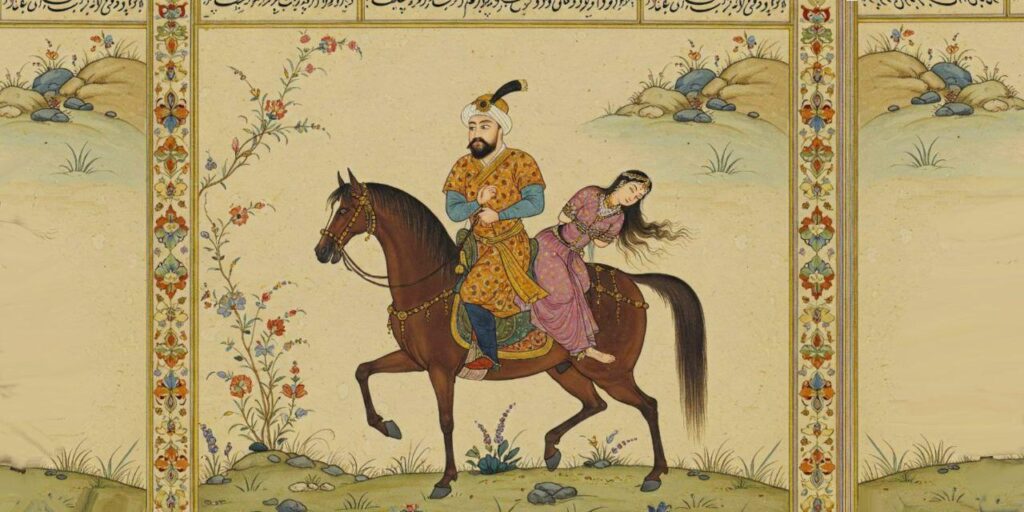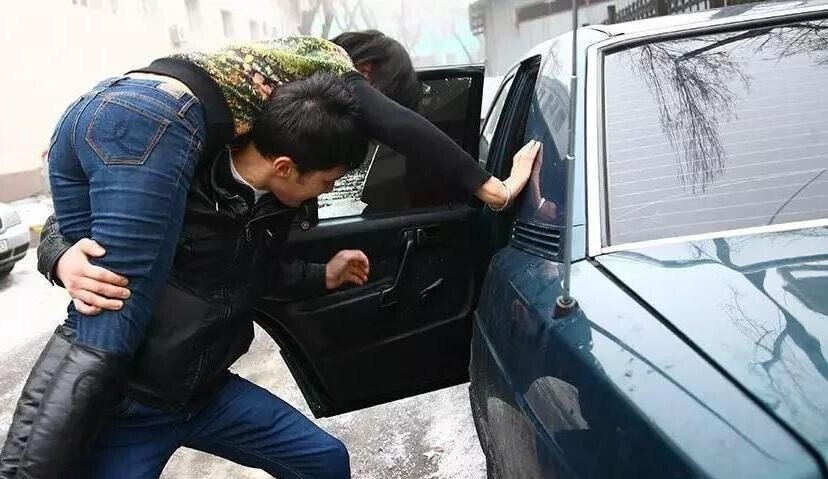Kazakhstan Criminalizes Forced Marriage in Landmark Legal Reform
Kazakhstan has introduced criminal liability for forced marriage for the first time, following the adoption of significant amendments to the country’s criminal legislation. Effective September 16, the reforms formally recognize coercion into marriage as a criminal offense. Penalties range from fines of up to $14,500 and corrective labor, to prison terms of up to 10 years in cases involving serious consequences. “These changes to criminal law are aimed at strengthening the protection of citizens' rights and freedoms,” the Ministry of Internal Affairs said in a statement. The legislation, titled On Amendments and Additions to Certain Legislative Acts on the Optimization of Criminal Legislation, also eliminates a loophole in Article 125 of the Criminal Code. Previously, individuals who voluntarily released a kidnapped person could avoid prosecution. That exemption has now been revoked. A new provision, Article 125-1, Coercion to Marry, has been introduced, criminalizing marriages entered into under duress or physical coercion. Penalties are more severe when the victim is a minor, when the crime is committed by a group, or when the perpetrator abuses an official position. Targeting Bride Kidnapping Practices The amendments aim in part to curb the persistent tradition of alyp qashu, the abduction of girls for the purpose of forced marriage. Despite its legal status as a crime, the practice still occurs in parts of the country. Human rights activists have highlighted that alyp qashu often involves physical and psychological abuse, with victims subjected to family pressure. Many are told that refusing to marry would bring shame or misfortune to their relatives. The psychological toll can be profound, leading to anxiety, depression, panic attacks, and social withdrawal. On July 16, President Kassym-Jomart Tokayev signed into law the specific criminalization of bride kidnapping. The Mangistau Region Prosecutor’s Office emphasized the importance of consent, stating: “Coercion into marriage is the conclusion of a marriage against a person's will through pressure or violence. Such an act is a gross violation of human rights.” The office also stressed that: “Kidnapping a girl without her consent is not a tradition, but a crime.” The legal reforms are designed to protect vulnerable people, particularly women and adolescents. By increasing penalties for forced marriages, Kazakhstan’s government signals a clear intent to confront deeply rooted practices that undermine basic human rights.





